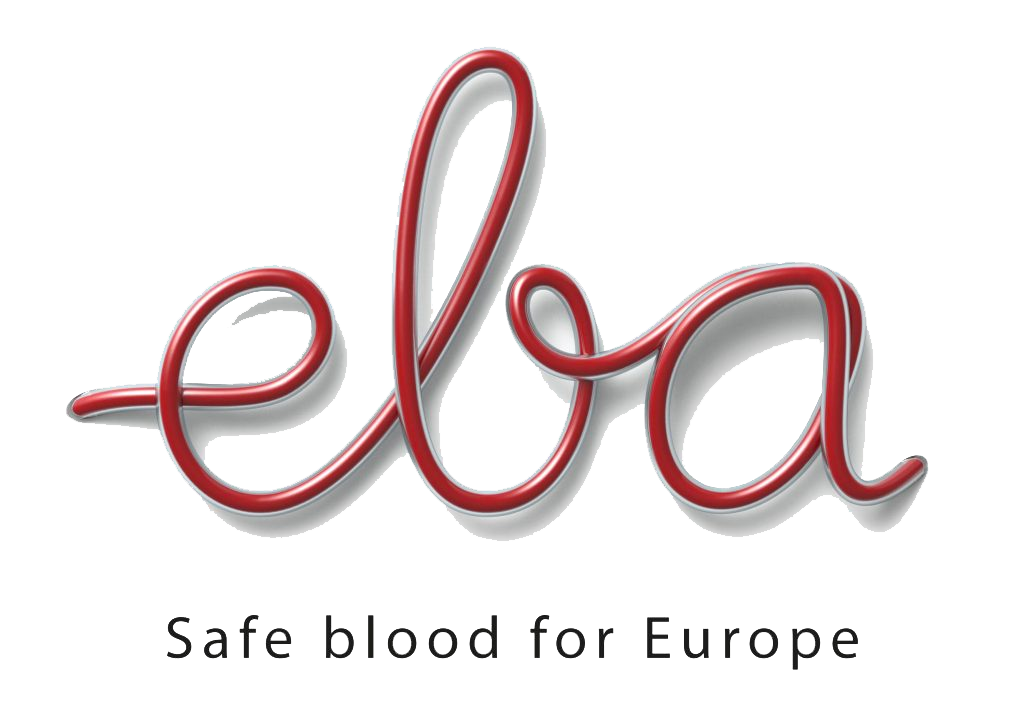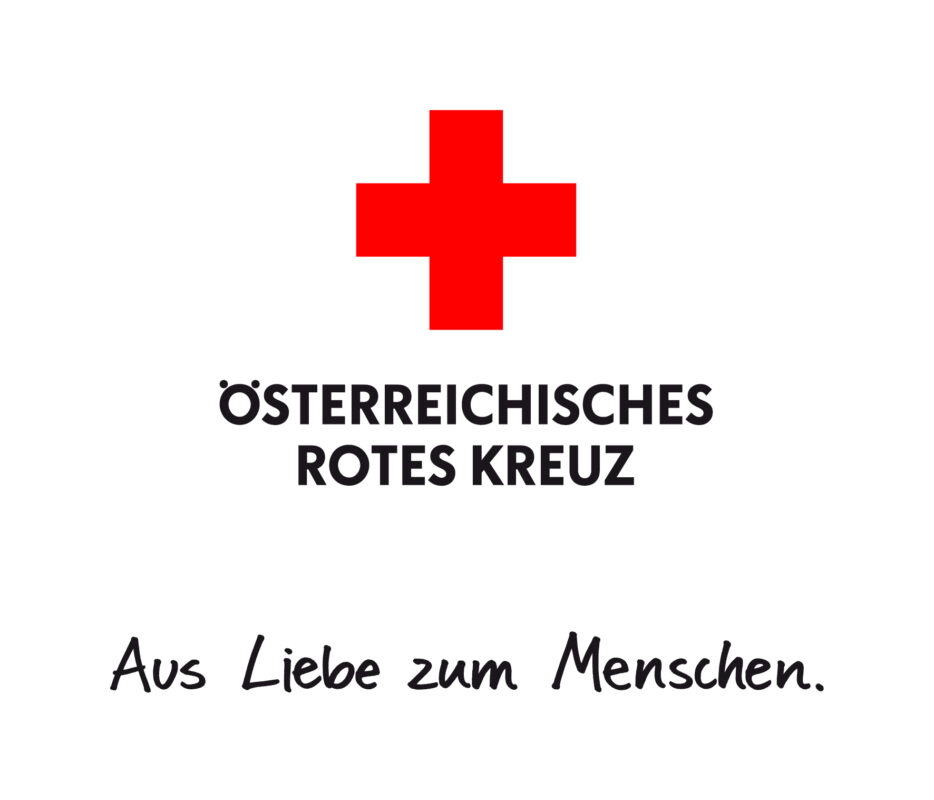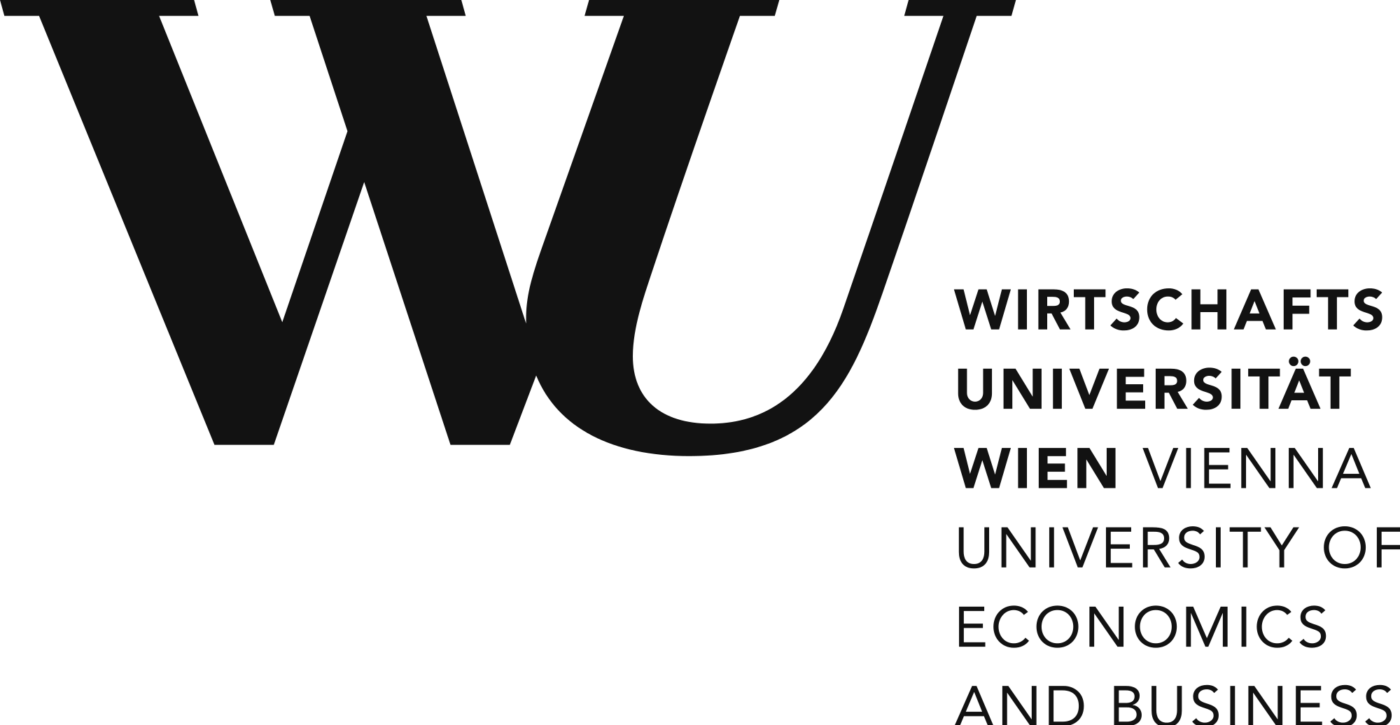


The COVID-19 pandemic brought many changes in daily life, such as increased remote work and use of virtual communication, as well as shifts in economic, political, and social systems. The concept of a “new normal” suggests that certain aspects of life may never return to pre-pandemic norms. We have experienced donor loss, difficulties in planning blood drives, an increased awareness of the need to become more self-sufficient regarding plasma collections, supply chain disruptions, shifted expectations, and challenges in exchange between blood services and research partners. Such circumstances have required and triggered new or adapted strategies in the supply of blood and plasma. ECDHM is the forum to discuss new approaches to ensure the supply of safe blood products and restart the conversation on donor health and management.
We especially encourage submissions that address the challenges outlined by the conference theme, such as:
Call for papers
Authors can submit an abstract for consideration and, if accepted, have the paper assigned by the conference committee to a particular session. Authors can indicate whether they would like to present their paper on stage or submit it for the poster session. The poster session is especially of interest to authors, whose papers are still in the early stages of development. An author can present a maximum of two papers during the conference, although he or she may be listed as co-author in other submissions.
The focus of the submitted papers can be:
Depending on the number of submissions, some papers may be assigned to short presentations. All submissions should use the provided template that you can access here.
All submissions should go to abstractsECDHM@europeanbloodalliance.eu with the subject line ECDHM 2023.
Call for special sessions (September 9)
Participants are encouraged to set up a special session around a specific topic, which will be scheduled on the final day of the conference. The goal of these special sessions is to provide a forum for discussion of a relevant and timely topic and to examine that topic from a variety of perspectives.
A submission to a special session should comprise several curated papers on a devoted topic. A submission should consist of 1) a motivation of the overarching topic, 2) a summary and contextualization of the individual contributions, and 3) the abstracts of each individual paper. Authors interested in submitting to a special session should therefore contact other researchers in advance and submit a complete package using the submission template that can be accessed here. If an exciting individual contribution is better suited to a special session, it is possible that this contribution will also be integrated into a special session by the session chairs. A paper should only be submitted once, i.e., either as a single contribution or as part of a special session.
Examples of potential special sessions are:
To submit a special session please contact Pascal Güntürkün (pascal.guentuerkuen[at]wu.ac.at) or Nils Wlömert (nils.wloemert[at]wu.ac.at) before the end of the submission deadline.
PhD course (September 7)
PhD students can take part in a one-day doctoral class before the conference starts. The PhD course involves relevant issues and topics in donor health & management, which will be discussed and reviewed. Each PhD student can present a research project she or he is currently working on. PhD students will receive extensive feedback from their peers and renowned scholars in the field that lead the workshops. PhD students are further encouraged to book a 15 minutes time slot to discuss their project with representatives from the field or academia.
The PhD course is designed for both health and management PhD students. There will be joint sessions and parallel tracks to allow deeper engagement in both directions.


